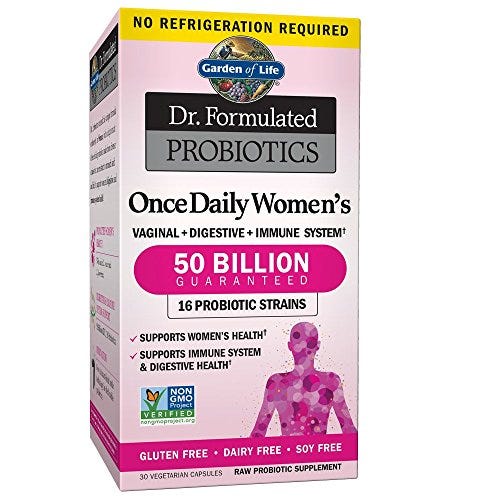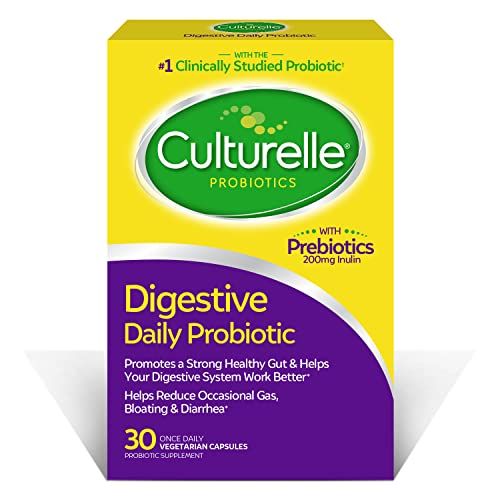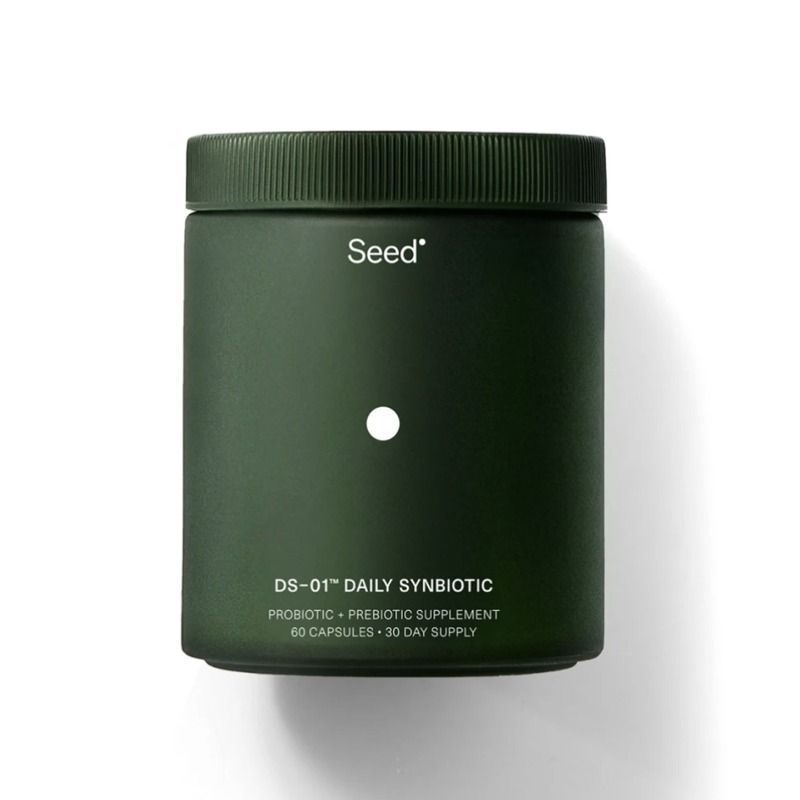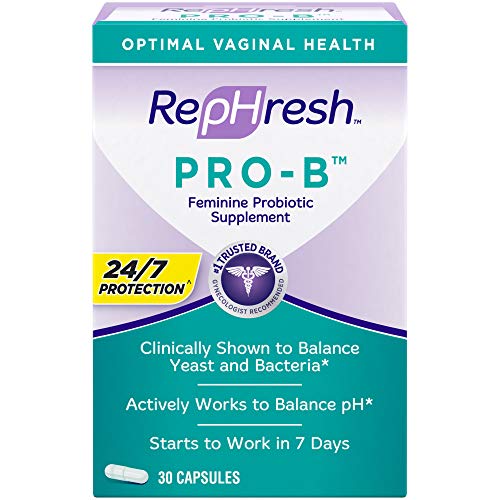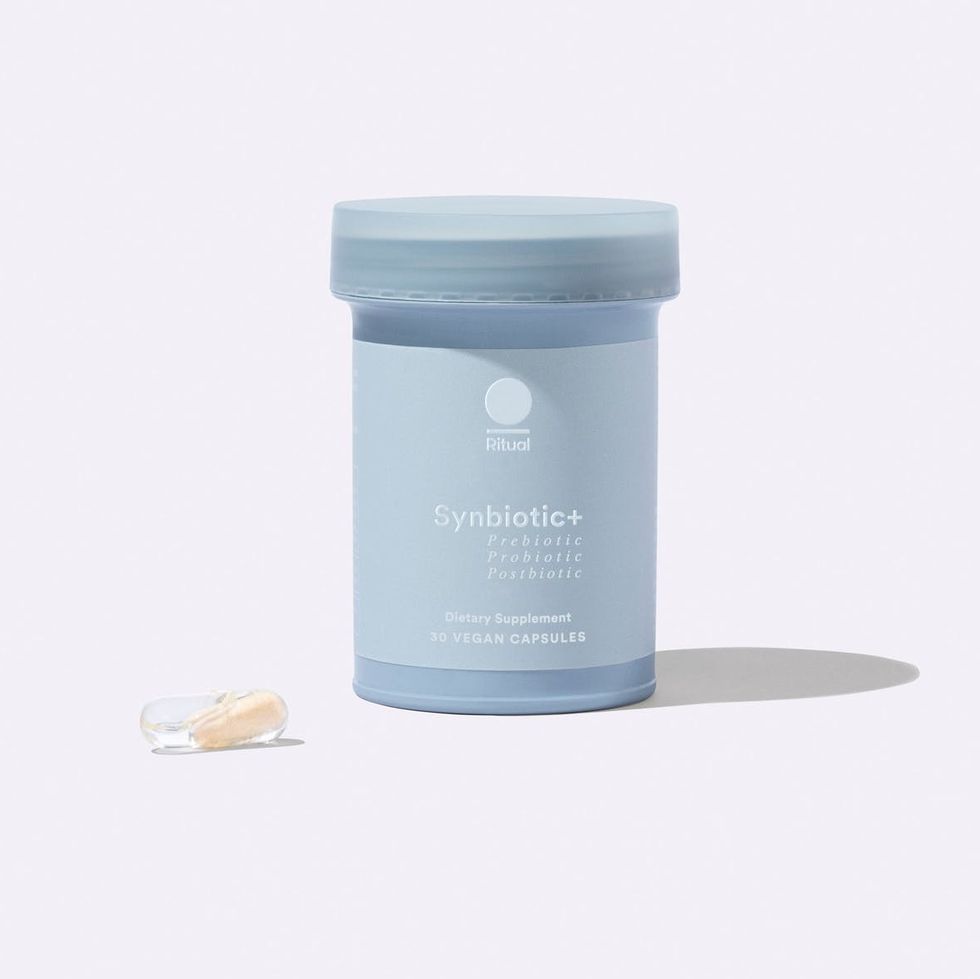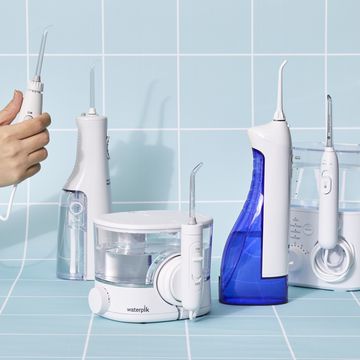10 Best Probiotics for Women, According to Registered Dietitians
These are our top picks for gut and immune health.

We've been independently researching and testing products for over 120 years. If you buy through our links, we may earn a commission. Learn more about our review process.
We updated this article in April 2023 to add several new additions based on extensive evaluation by the Good Housekeeping Institute Nutrition Lab.
There are few wellness topics as contentious as probiotics. There are hundreds of probiotic strains identified and there is still a lot that we don't know about them. One thing we are certain of is they are biologically active microorganisms that we can introduce into our system. Probiotics are found naturally in certain cultured and fermented foods such as sauerkraut, yogurt and beverages such as kombucha. They are also available in pill, capsule, powder, gummy and liquid forms. Research shows that women are more likely to experience gastrointestinal issues than men and therefore probiotics can be especially beneficial for the female population.
"Probiotics are live microorganisms (bacteria and yeast) that colonize the gut and produce health benefits to the body," says gastroenterologist Kumkum Sarkar Patel, M.D., M.P.H. She adds that we should all "be eating foods that feed the probiotic bacteria in our intestines." Patel notes that changes in your bowel habits, such as bloating, constipation, diarrhea, abdominal pain and even belching, can indicate an imbalance of bad bacteria in comparison to good bacteria. She explains that "probiotics are important because they are often responsible for making neurotransmitters such as GABA, serotonin, dopamine and norepinephrine. These are responsible for influencing mood and pain perception."
Our supplement recommendations are informed by nutrition expertise, but the ultimate choice is a personal decision between you and your healthcare provider. Since dietary supplements are not approved by the FDA prior to going to market, it’s important to do your research before adding them to your regimen. For this roundup, our team of registered dietitians in the Good Housekeeping Institute Nutrition Lab analyzed dozens of probiotics, prioritizing picks that have been tested by a credible third party such as USP and NSF. These steps are designed to help ensure there are no harmful substances in the products themselves and to verify that what is in the bottle is what is on the label. You can read more about how we tested at the bottom of this guide.
Our top picks:
Here is everything you need to know about the best probiotic supplements for women, including whether or not you should be taking one and what to look for. If you're interested in checking out more supplements to support your health and wellness goals, check out our top picks for the best multivitamins for women, the best magnesium supplements and best protein powders.
Stefani (she/her) is a registered dietitian, a NASM-certified personal trainer and the director of the Good Housekeeping Institute Nutrition and Fitness Lab, where she oversees all nutrition and fitness-related content, testing and evaluation. She holds a master’s degree in clinical nutrition from New York University, as well as advanced certifications as a Women's Fitness Specialist and a Behavior Change Specialist. Stefani is dedicated to providing readers with evidence-based content to encourage informed food choices and healthy living. She is an avid CrossFitter and a passionate home cook who loves spending time with her big fit Greek family.


